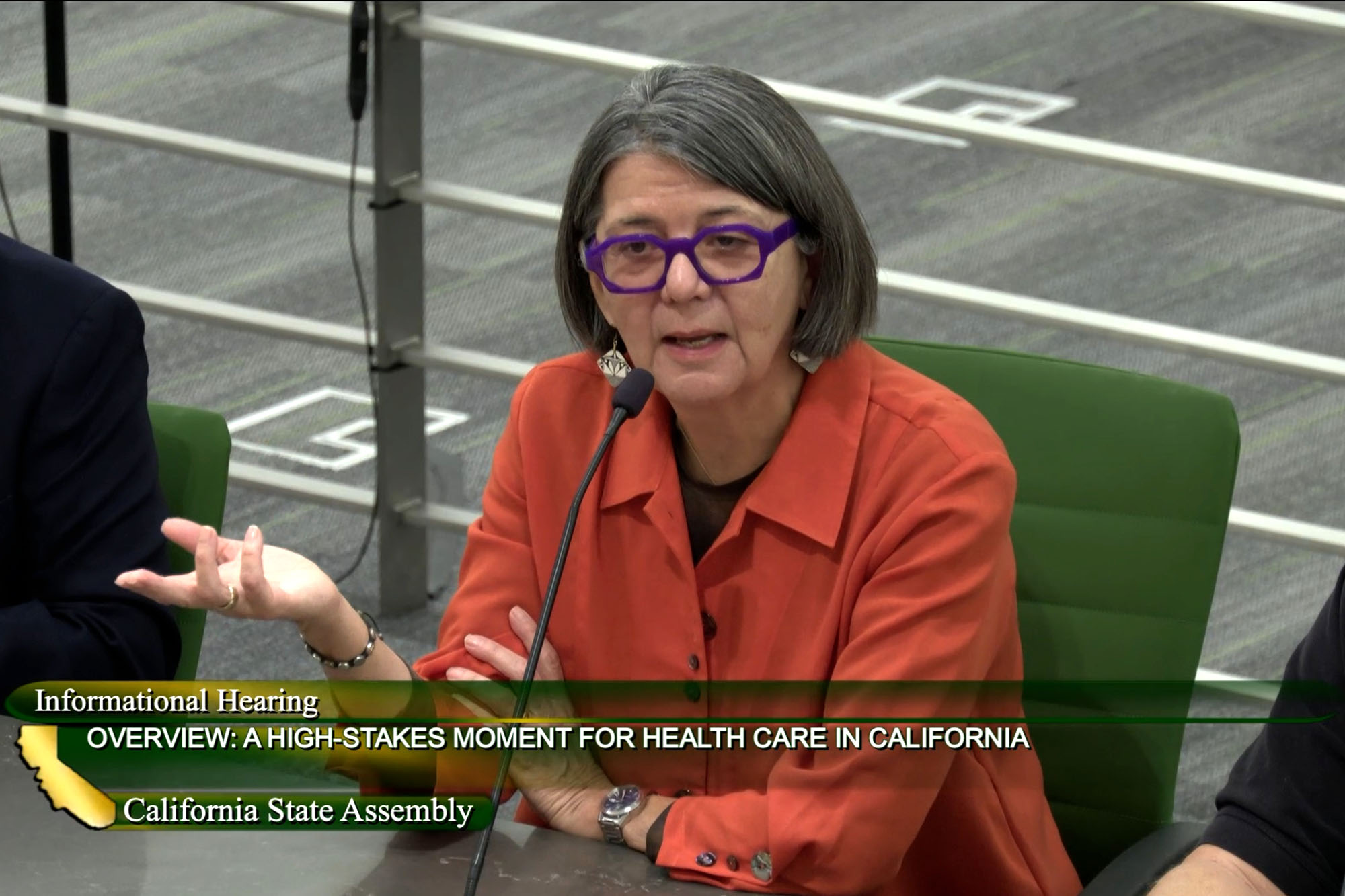View the Report
Jump to All Downloads & LinksAcross California, people seeking treatment for behavioral health conditions — a term encompassing both mental health conditions and substance use disorders — often face limited access to care. While access is a problem statewide, behavioral health care needs are more intense in lower-income regions where people are much more likely to experience substance use–related hospitalizations, suicide, and self-reported mental distress than statewide averages. Moreover, many regions, particularly in rural California, also suffer from significant shortages of behavioral health professionals.
This report, part of the California Health Care Foundation’s 2020 Regional Markets Study series, examines behavioral health needs in California broadly and assesses challenges to behavioral services access for Medi-Cal enrollees. It explores factors contributing to these access issues, including workforce shortages, the complexity of the Medi-Cal system for behavioral health services, and capacity gaps within different levels of care. Finally, it highlights some efforts underway to improve and integrate behavioral health services for Medi-Cal enrollees. Key findings include:
- Across California, people seeking treatment for behavioral health conditions often face limited access to care. Multiple surveys have found significantly increased levels of adverse mental health conditions, substance use, and suicidal ideation because of the COVID-19 pandemic.
- Medi-Cal enrollees needing behavioral health services must navigate a complex array of benefits and providers, often seeking services from very different systems.
- Several important factors contribute to access constraints — chronic workforce shortages, a complex care delivery system, and inadequate services within an interconnected system of care from inpatient to intermediary and outpatient services. Inadequate capacity in one part of a system often creates bottlenecks that affect other areas.
- California lacks the behavioral health workforce necessary to meet the state’s growing need, and local experts in all regions reported an insufficient number of psychiatrists, psychologists, licensed clinical social workers, and other professionals to address residents’ needs.
- Despite the access challenges, initiatives and investments by the state, counties, and public- and private-sector providers have modestly improved access to behavioral health services across the study regions. There are also initiatives to better serve people experiencing homelessness, many of whom suffer from mental illness and substance use disorders.
- Primary care clinic leaders reported that the pandemic more than doubled behavioral health services delivered by telehealth, an innovation that has reduced patient no-show and cancellation rates.
- Across the state, delivery of behavioral health services remains largely isolated from primary care. Efforts to better integrate behavioral health services include coordination initiatives between Medi-Cal managed care plans and county departments of behavioral health, Federally Qualified Health Centers providing integrated care to patients, and the exchange of data for improved care coordination.
- The use of data exchanges to better integrate behavioral and physical health care, as well as some social services, has progressed in fits and starts, with some regions achieving key milestones.
Since 2009, CHCF has published a series of regional market studies that examine the health care markets in specific regions across California. These studies highlight the range of economic, demographic, and health care delivery and financing conditions in California. They are published as part of the CHCF California Health Care Almanac, an online clearinghouse for key data and analyses examining California’s health care system.
About the Authors
Len Finocchio, DrPH, was principal consultant, and James Paci, JD, MPP, is a policy analyst with the Blue Sky Consulting Group. Matthew Newman, MPP, is principal and cofounder of Blue Sky Consulting Group. Caroline Davis, MPP, is president of Davis Health Strategies and a Blue Sky Consulting Group affiliate. Jill Yegian, PhD, is principal of Yegian Health Insights and a Blue Sky Consulting Group affiliate. Katrina Connolly, PhD, is a senior consultant with Blue Sky Consulting Group.
The Blue Sky Consulting Group helps government agencies, nonprofit organizations, foundations, and private-sector clients tackle complex policy issues with nonpartisan analytical tools and methods.





